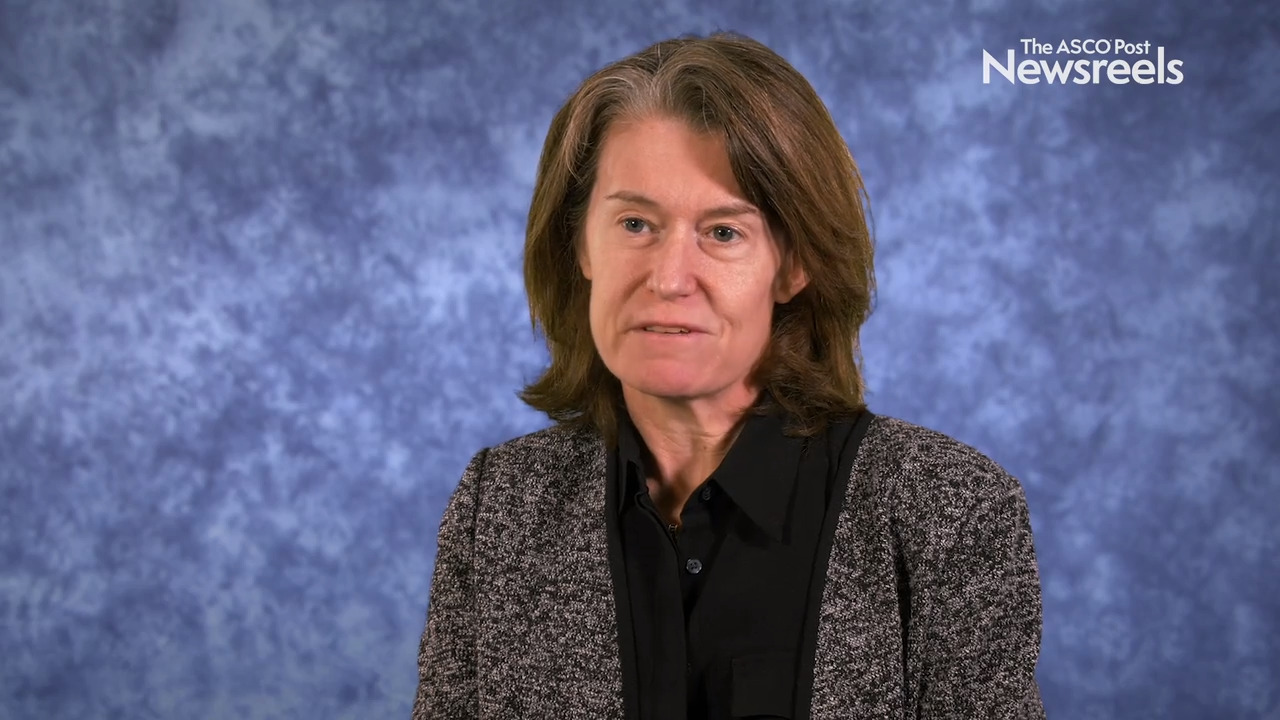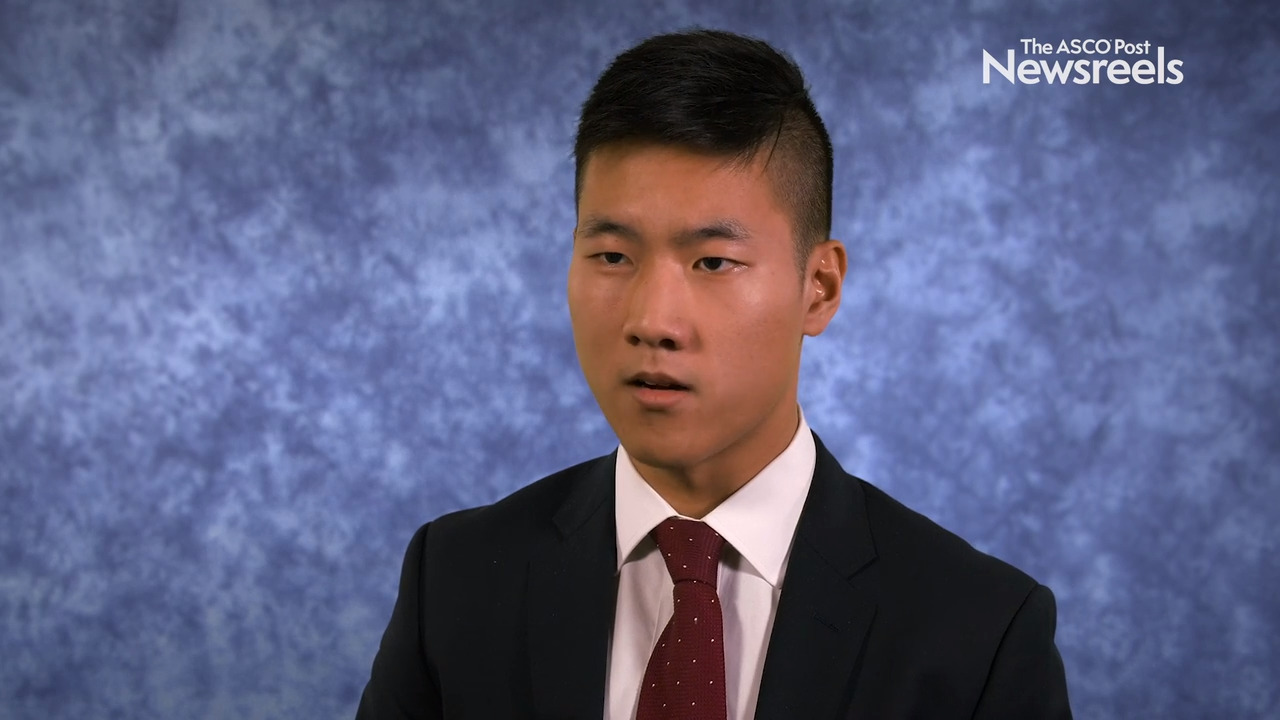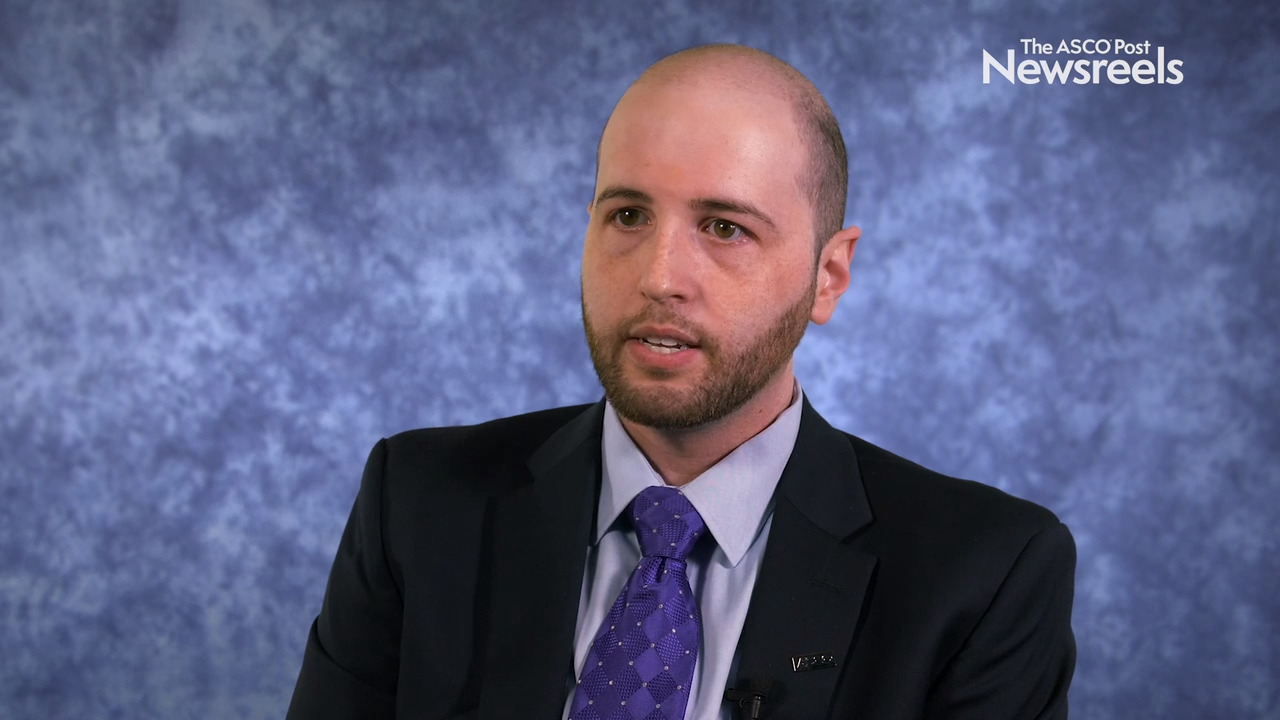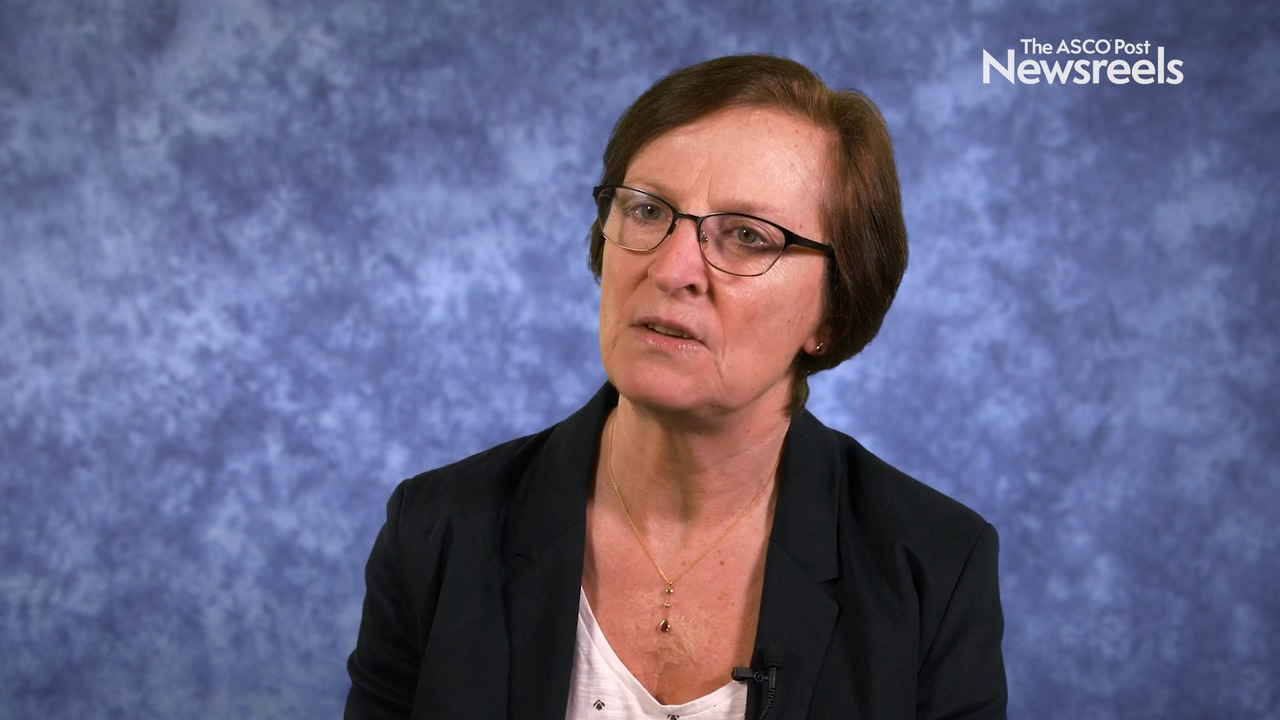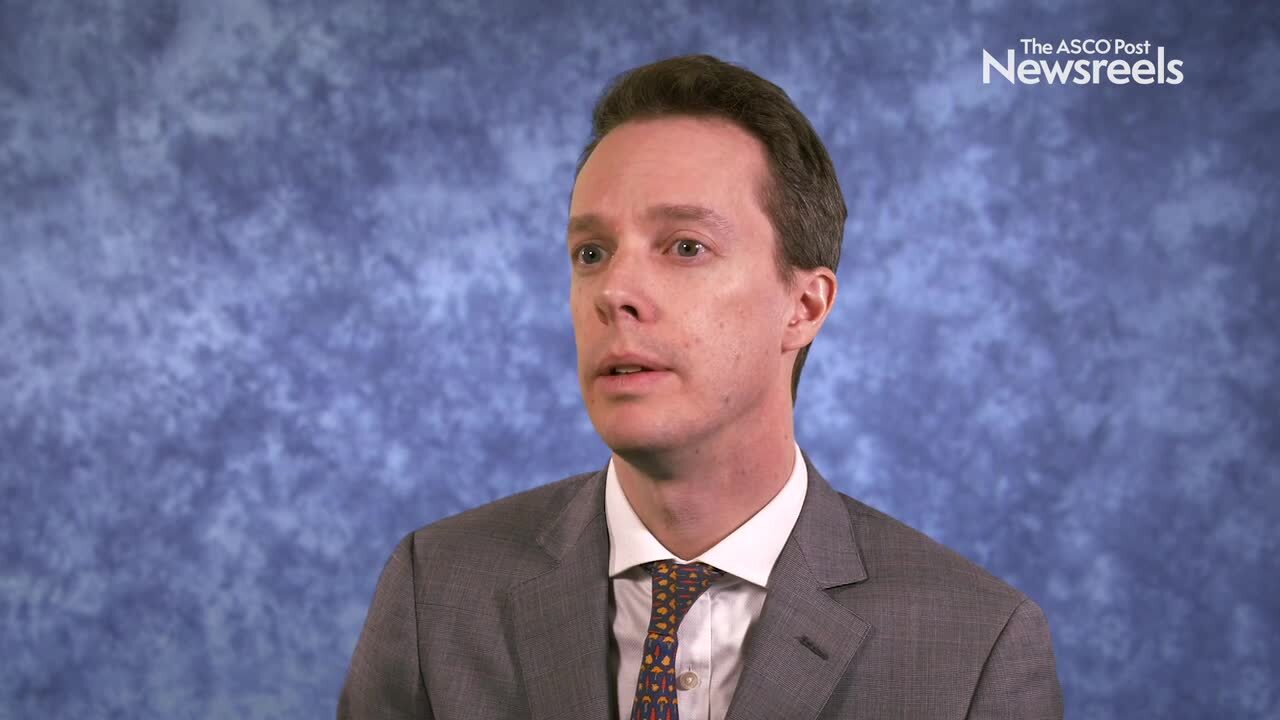Luis I. Ruffolo, MD, on Pancreatic Cancer: Augmenting Immunotherapy With Antibody Blockade of Semaphorin 4D
2020 ASCO-SITC Clinical Immuno-Oncology Symposium
Luis I. Ruffolo, MD, of the University of Rochester, discusses preclinical studies showing that semaphorin 4D blockade may sensitize pancreatic tumors to chemoimmunotherapy combinations (Abstract 26).
Elizabeth A. Mittendorf, MD, PhD, of Dana-Farber Cancer Institute and Brigham and Women’s Hospital, summarizes a session she co-chaired on utilizing the immune system in neoadjuvant trials to treat melanoma, breast, and lung cancers.
Kevin Tyan, of Kinnos, and currently a medical school student at Harvard University, discusses his study findings, which showed that patients with melanoma who are treated with immunotherapy had a significantly lower risk of developing colitis if they also took vitamin D ( Abstract 89).
Jacob J. Adashek, DO, of the University of South Florida and Moffitt Cancer Center, discusses data on combining immunoregulatory inhibition and targeted gene therapy, which may offer patients better outcomes (Abstract 10).
Philippa G. Corrie, PhD, of Cambridge University Hospitals NHS Foundation Trust, discusses a review of 2,322 patients with metastatic melanoma receiving first-line immune checkpoint inhibitors as standard of care in England between 2014 and 2018 (Abstract 55).
John N. Lukens, MD, of the Hospital of the University of Pennsylvania, discusses his finding that taking antibiotics within 3 months of starting treatment with immune checkpoint inhibitors may lead to inferior overall survival in patients with stage III or IV melanoma. The antibiotics were also linked to a higher incidence of severe immune-mediated colitis (Abstract 56).
